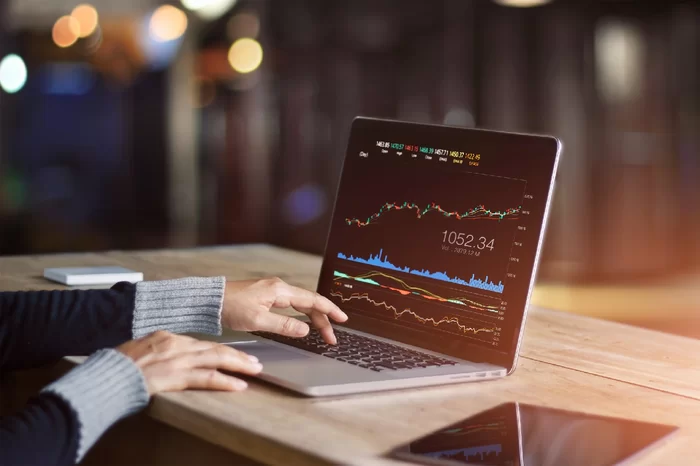Of course, it is possible to begin trading with very little capital, however, this also usually results in a short experience. You will be too sensitive to the moves of the market and tend to be stopped out regularly as you have tight stop losses. It is worth remembering that most trades will go against you before turning in your favour…if they are going to!
Day trading requires less capital than holding positions into the next day or week as doing so will increase the risk.
As we always suggest, set a maximum limit of how much you are willing to invest in yourself to become a trader.
It is always best to save first as one thing is certain, it must only be capital/savings you can afford to lose! It’s important to ensure you only use a small percentage of any savings…and remember that limit you have set yourself.
Another factor will be if you NEED to make money to pay your bills or are you using trading as a second income! This is an important factor as those that need to make money to cover their expenses from day one struggle. The main reason is they are under too much pressure to trade and make money, and not to lose any money. This ultimately leads to desperation and taking on impulsive trades rather than being patient and waiting for the high-probability trades.
Another consideration is leverage and it is wise to be wary of it. Many brokers will offer you leverage, and although the levels have been drastically reduced, it is still possible to lose considerably more than your initial investment. Leverage is great when you win but can be devastating when you lose…you have been warned! Always place your stop loss in the market to help protect you.
How you trade will be something else to factor in, along with your experience level. If you are new to trading, then practice on a simulator to hone your trading skills first. Practice until you are consistently profitable and have developed your trading style, and practice with the same value as you will trade live! Once you have developed your trading style, then ensure you follow the same style with your live trading. This sounds easier than it really is as when it is your capital at risk (and it will be) then the emotions will flood through you. However, there is an alternative, which is to qualify for a funded account from one of the many companies offering them. Do your homework as there is a considerable difference between them with some placing a time limit to qualify and these should be avoided. We partner with a great one, which is Nordic Funder, and you can check them out here: https://nordicfunder.com/?ref=18
Most professions require training and yet since trading went electronic you can jump straight in! This certainly does not mean that you should! Take some time to research trading, risk management, and other aspects of trading, even consider some professional training as you would in most careers. Think of it this way; would you want a dentist without training or qualifications to work on your teeth or a lawyer without any training to defend you or a surgeon without experience to operate on you…hopefully not!
Therefore, the answer is not so much about how much you need to start day trading but how much should you spend on learning first to prepare yourself for trading. Then consider how much to risk of your savings. Practise is essential and no matter how good your performance is on a demo account, do not expect it to transfer into live trading from the get-go. From that very first live trade emotions will flood through you that you have never experienced before!
Any doubts then seek advice first before trading or at least perhaps attend a trading workshop or course to begin to understand trading, risk management etc. Symax Fintech Academy offer a variety of workshops and courses, including Trading for Beginners which is aimed at helping individuals decide if trading may be right be for them.

